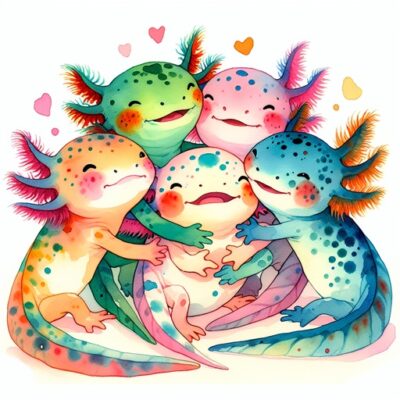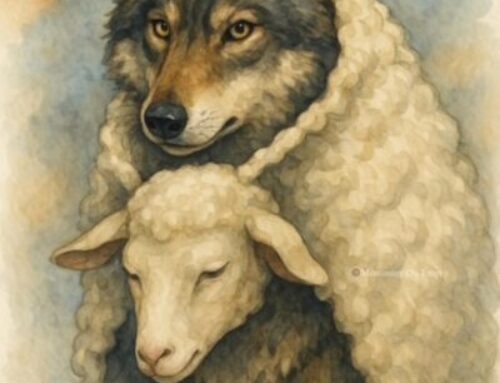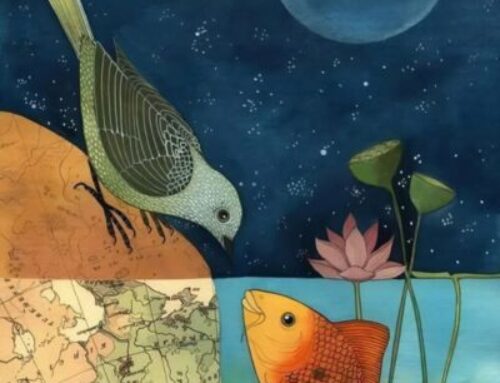A friend sees beyond your flaws and celebrates the beauty in your life.
True friendship exists in the quiet moments, where words aren’t needed to feel understood.
Recently, a few people have contacted me on social media after coming across my blog.
They were intrigued by what I shared and wanted to connect. In every instance, I evaluate the person before deciding whether to accept or decline their invitation. Sometimes, instead of immediately accepting, I’ll ask why they’re interested in connecting. More often than not, the usual reply is that they want to be friends. I explain to them that a friend is someone truly special, someone I’ve built a close connection with over time, who supports me and has earned my trust. At this point, they don’t fit that description. Yet, they still ask if we can be friends.
I’m often surprised by how freely some acquaintances and friends refer to everyone they interact with as ‘friends.’
I hold back from commenting; however, it leaves me wondering if they truly understand the weight of that word.
If they genuinely believe this, their definition of ‘friend’ significantly differs from the more commonly understood meaning.
To them, a friend seems to be simply someone they enjoy spending time with socially.
However, they don’t acknowledge that true friends stand by them during difficult times.
I suspect that many people they label as ‘friends’ would likely have excuses for not stepping up when real support is needed. I have a few people like that who are fun to hang out with, watch a movie, or grab a meal with. However, I’ve learned that I can’t rely on them regarding anything significant. When I needed their help in the past, they let me down. It’s not that I don’t like them—I do. However, they’re acquaintances, not friends. A true friend is someone who shows up when I need them, and the reality is that very few people in our lives meet that standard, whether we choose to admit it or not.
These days, we often generalize and overuse specific terms, ‘friend’ being one of them.
It’s unfortunate because it diminishes the significance of the word and takes away from its actual value. Do we do this intentionally?
Perhaps. Or maybe it’s just a matter of convenience, using the wrong word out of habit. Or, we might genuinely believe that everyone we socialize with qualifies as a friend, even though they haven’t earned that title.
A 2016 MIT study discovered that just 53% of perceived friendships are truly mutual. The research asked undergraduates to rate their closeness to others on a five-point scale and found that these feelings were reciprocated only 53% of the time. Similar findings were reported in other friendship surveys, where reciprocity rates ranged from 34% to 53%. The researchers suggested that people struggle to recognize whether a friendship is mutual because acknowledging one-sided relationships can challenge their self-perception. They also noted that individuals tend to have an overly optimistic view of their friendships with those of higher status, often projecting a sense of connection in hopes of gaining reciprocity.
This gap in perception points to several issues, including our difficulty in defining what friendship truly means and how this might affect our self-image. It also highlights that we often misunderstand who our real friends are. It suggests that our struggle to read people accurately may stem from our desire to preserve a positive self-image, making the concept of friendship harder to pin down.
If you ask someone to define friendship, you’ll likely be met with an awkward pause and a lot of ‘uhs’ or ‘ums,’ suggesting that many of us aren’t entirely sure what a true friend or real friendship entails. So, what implications does this have for building a genuine friendship?
If you’re seeking a true friend, don’t focus on the person who has many connections. Instead, find those who share your understanding of what friendship truly means. Remember that the focus isn’t on the number of friends. A few close, genuine friends are all you truly need. It’s perfectly fine to be social with others who are enjoyable, even when they’re just acquaintances. The key is recognizing the differences and treating each relationship accordingly.
And then comes retirement. Now that I’m no longer bringing clients to people, it feels as though I’ve become invisible to those I’ve known for many years.
We often mistake work relationships for true friendships; however, most aren’t. These connections are typically built on dynamics, shared goals, and the corporate culture. Your work friends often don’t know you, and the friendship usually fades after retirement when the work-related bond disappears. If you sense a genuine connection with some associates and colleagues, it’s essential to invest time in deepening those relationships; otherwise, they’re likely to fade away over time. Many of our work friends will continue their careers when we retire. It’s not personal—it’s just the way life unfolds. As we slow down and disconnect from the corporate world, they remain immersed in it, moving at a different pace.
You might bump into them later and feel like you’re watching a show you used to be part of but no longer are—a cast member who has happily moved on.








Leave A Comment
You must be logged in to post a comment.